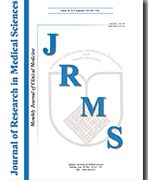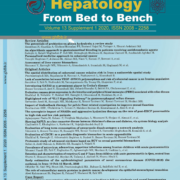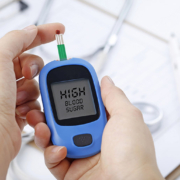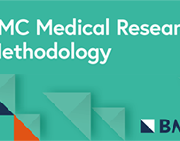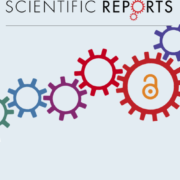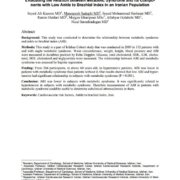Cost-effectiveness analysis of two routine therapeutic methods for Helicobacter pylori eradication: a Persian cohort-based study
/0 Comments/in Ardabil Cohort Study Publications /by ARCSIncreased Dietary Intake of L-Arginine Linked to Increased Risk for Type 2 Diabetes
/0 Comments/in News, TLGS news /by TLGSPeople who consume higher levels of dietary L-arginine, an amino acid involved in the metabolism of glutamate and proline, were found to have an increased risk of developing type 2 diabetes (TD2), according to research results published in BMC Endocrine Disorders. In the context of total protein intake as well as L-arginine-to-protein ratio, however, no association was found between increased L-arginine intake and risk of T2D.
Research has suggested that L-arginine may be involved in nitric oxide-dependent pathways that affect the homeostasis of glucose and insulin. Currently, little data from long-term studies elucidate the effects of L-arginine intake on the risk for T2D.
In a recent prospective cohort study, a team of researchers from Iran examined the potential impact of dietary L-arginine intake on T2D incidence in 2139 adults (mean age, 38.9 years; 54.6% women) who participated in the third phase of the Tehran Lipid and Glucose Study (TLGS) and who did not have T2D at baseline. Read more
Prevalence of sarcopenic obesity and association with metabolic syndrome in an adult Iranian cohort: The Fasa PERSIAN cohort study
/0 Comments/in FACS Publications /by FCSSleep duration and anthropometric indices in an Iranian population: the Fasa PERSIAN cohort study
/0 Comments/in FACS Publications /by FCSPredisposing factors of long-term responsiveness in a cardio-metabolic cohort: Tehran Lipid and Glucose Study
/0 Comments/in Publication, TLGS Publications /by TLGSDeterminants of environmental tobacco smoke at work and at home: analysis of baseline data from the Kong Cohort Study, Southern Iran
/0 Comments/in Bandare Kong Cohort Study Publications /by BKCSSudden cardiac death among Iranian population: a two decades follow-up of Tehran lipid and glucose study
/0 Comments/in Publication, Publication, Publication, Publication, TLGS Publications /by TLGSEvaluating the Relation between Metabolic Syndrome and its Components with Low Ankle to Brachial Index in an Iranian Population
/0 Comments/in Uncategorized /by ICSContact
No.24, Aarabi St, Yaman St, Velenjak, Research Institute for Endocrine Sciences, Shahid Beheshti University of Medical Sciences, Tehran, Iran. Postal Code: 1985717413, P.O Box: 19395-4763
- Tel: +982122432500 (612, 457)
- Tel: +982122402463
- Fax: +982122416264

